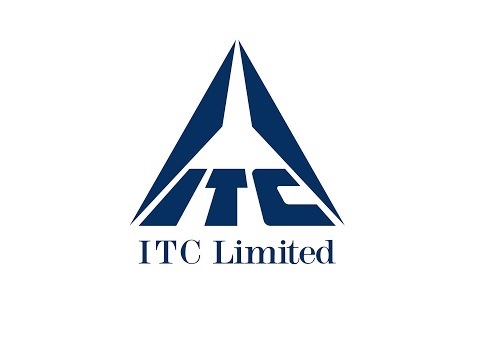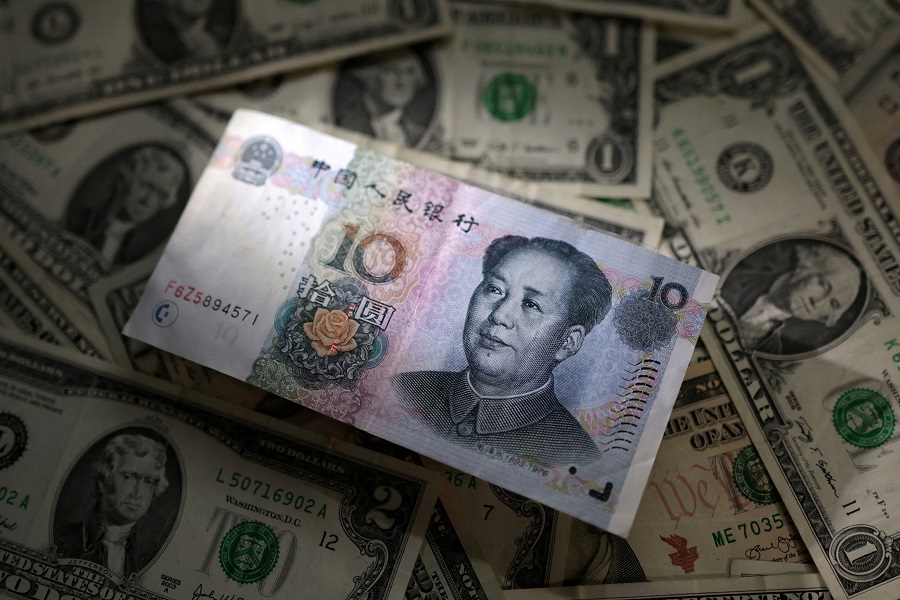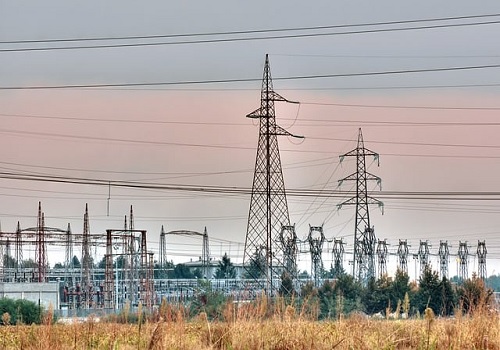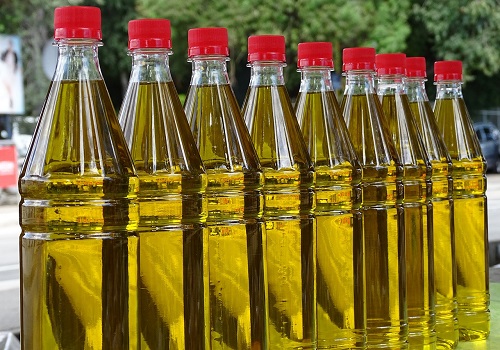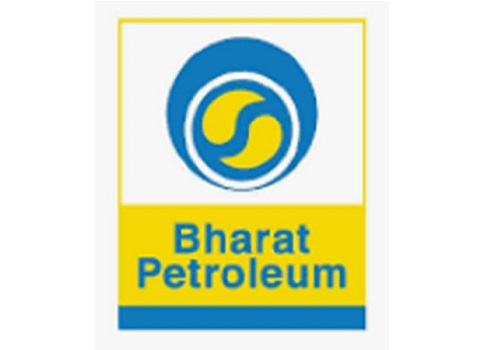Oilmeals Export Decline by 7% in First Eight Months of 2024-25 by Amit Gupta, Kedia Advisory
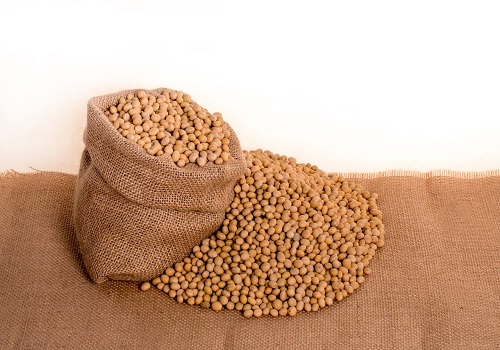
India’s oilmeals export saw a 7.15% decline in the first eight months of 2024-25, reaching 27.51 lakh tonnes compared to 29.64 lakh tonnes in the same period of 2023-24. The decline is attributed to reduced exports of rapeseed and castorseed meal, while competition from global soyabean meal markets intensifies.
Key Highlights
* Oilmeals export down 7.15% during April-November 2024-25.
* Rapeseed meal export declined to 13.21 lakh tonnes (16.07 lakh tonnes in 2023-24).
* Soyabean meal export rose to 12.06 lakh tonnes (9.37 lakh tonnes in 2023-24).
* Major importers include South Korea, Vietnam, and Thailand.
* Bangladesh faces uncertainties, impacting rapeseed meal exports.
The export of oilmeals in the first eight months of 2024-25 declined to 27.51 lakh tonnes, down from 29.64 lakh tonnes in the same period last year. This drop is primarily driven by a significant reduction in rapeseed and castorseed meal exports. Rapeseed meal exports fell to 13.21 lakh tonnes from 16.07 lakh tonnes, while castorseed meal exports shrank from 2.54 lakh tonnes to 1.97 lakh tonnes.
The competition in the global soyabean meal market has intensified, affecting India's exports. While the export of soyabean meal increased to 12.06 lakh tonnes during April-November 2024-25, up from 9.37 lakh tonnes in 2023-24, it is expected to slow down due to rising global supply. Key importers like South Korea, Vietnam, and Thailand continue to contribute significantly, but uncertainties in Bangladesh are impacting rapeseed meal exports.
India is urging the Centre to lift the ban on the export of de-oiled rice bran, which could improve the overall export scenario. South Korea, for instance, imported 5.05 lakh tonnes of oilmeals from India, including 3.50 lakh tonnes of rapeseed meal. Vietnam also maintained significant imports at 1.78 lakh tonnes, including 1.49 lakh tonnes of rapeseed meal. Meanwhile, Thailand sourced 3.02 lakh tonnes of oilmeals, with a substantial portion comprising rapeseed and soyabean meal.
Finally
The decline in oilmeals exports highlights ongoing challenges due to global competition and regional uncertainties. Efforts to lift export restrictions on de-oiled rice bran may offer some relief and support future export performance.
Above views are of the author and not of the website kindly read disclaimer





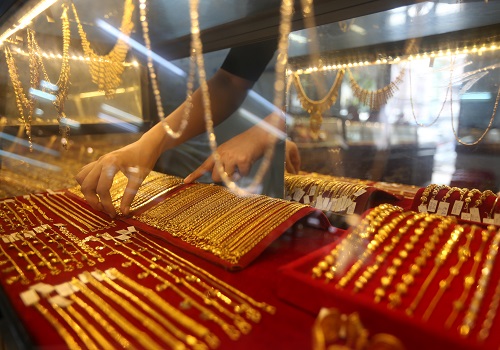

.jpg)

